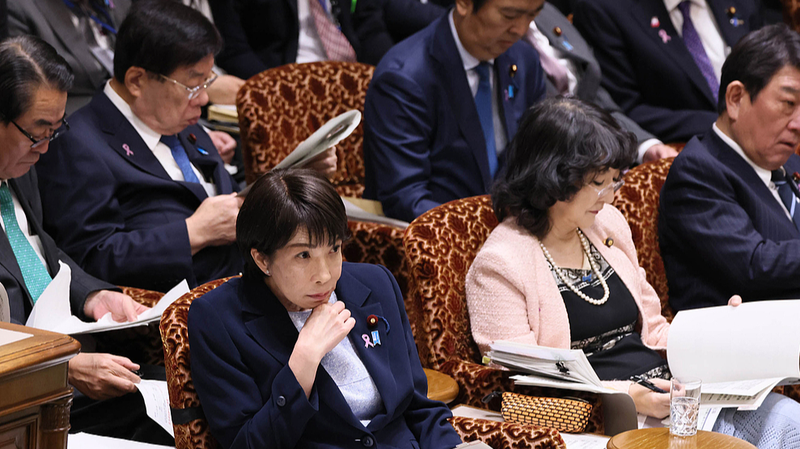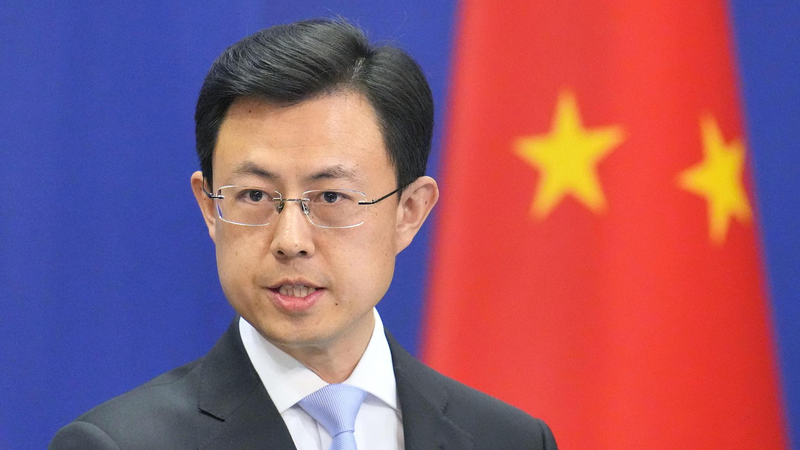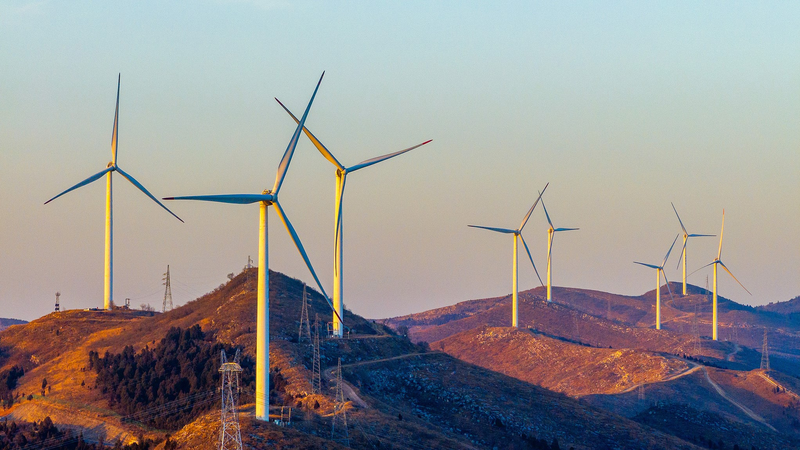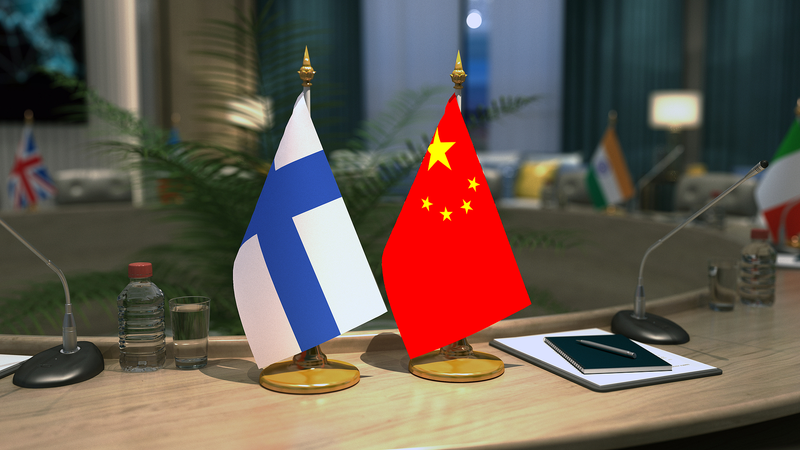This past Saturday, Kyodo News reported that Japan’s Prime Minister Sanae Takaichi is exploring changes to the “three non-nuclear principles” as part of a planned overhaul of the National Security Strategy and related documents. 🇯🇵💭
At the heart of the debate are these long-standing tenets:
- Not Possess nuclear weapons
- Not Produce nuclear weapons
- Not Introduce nuclear weapons into Japanese territory
According to inside sources, Takaichi wants to keep the first two rules but soften the “not introduce” clause, so U.S. nuclear-armed vessels could dock in a crisis. Proponents say this tweak would boost deterrence by leveraging U.S. firepower. 🔋🚢
Meanwhile, the ruling Liberal Democratic Party is set to start internal talks this week, aiming to roll out recommendations by next spring with a possible policy update by the end of 2026.
Neighbor Reactions 🌏
The Chinese mainland’s Foreign Ministry spokesperson, Lin Jian, slammed the move as a “dangerous signal” at a press briefing. Lin also criticized recent remarks by Takaichi on the Taiwan region as “blatantly provocative,” urging Japan to honor its post-war peace commitments.
Back home, anti-nuclear activists argue that Japan has a moral duty—rooted in Hiroshima and Nagasaki—to resist any nuclear presence. Yet some lawmakers and strategists say fading wartime memories and rising regional risks call for a tougher defense lineup. ⚖️🔥
Bonus Insight: Nuclear Submarines? 🔍
On top of policy tweaks, Defense Minister Shinjiro Koizumi recently suggested that Self-Defense Force submarines adopt nuclear propulsion, pointing to a “severe” security environment in Asia.
What’s next? Watch for LDP debates this winter and global reactions as Japan weighs its biggest defense shift in decades. Stay tuned for the latest! 👀
Reference(s):
Japan mulls nuclear policy shift as China warns of 'dangerous signals'
cgtn.com




